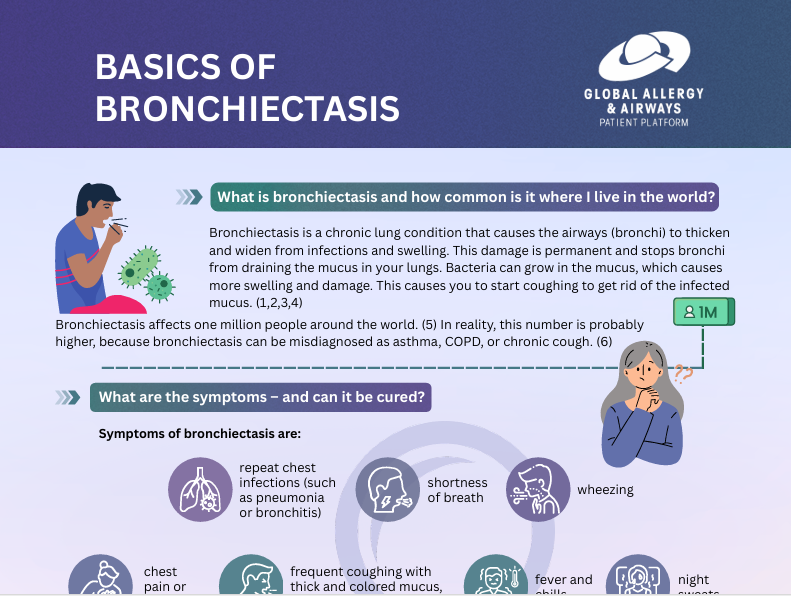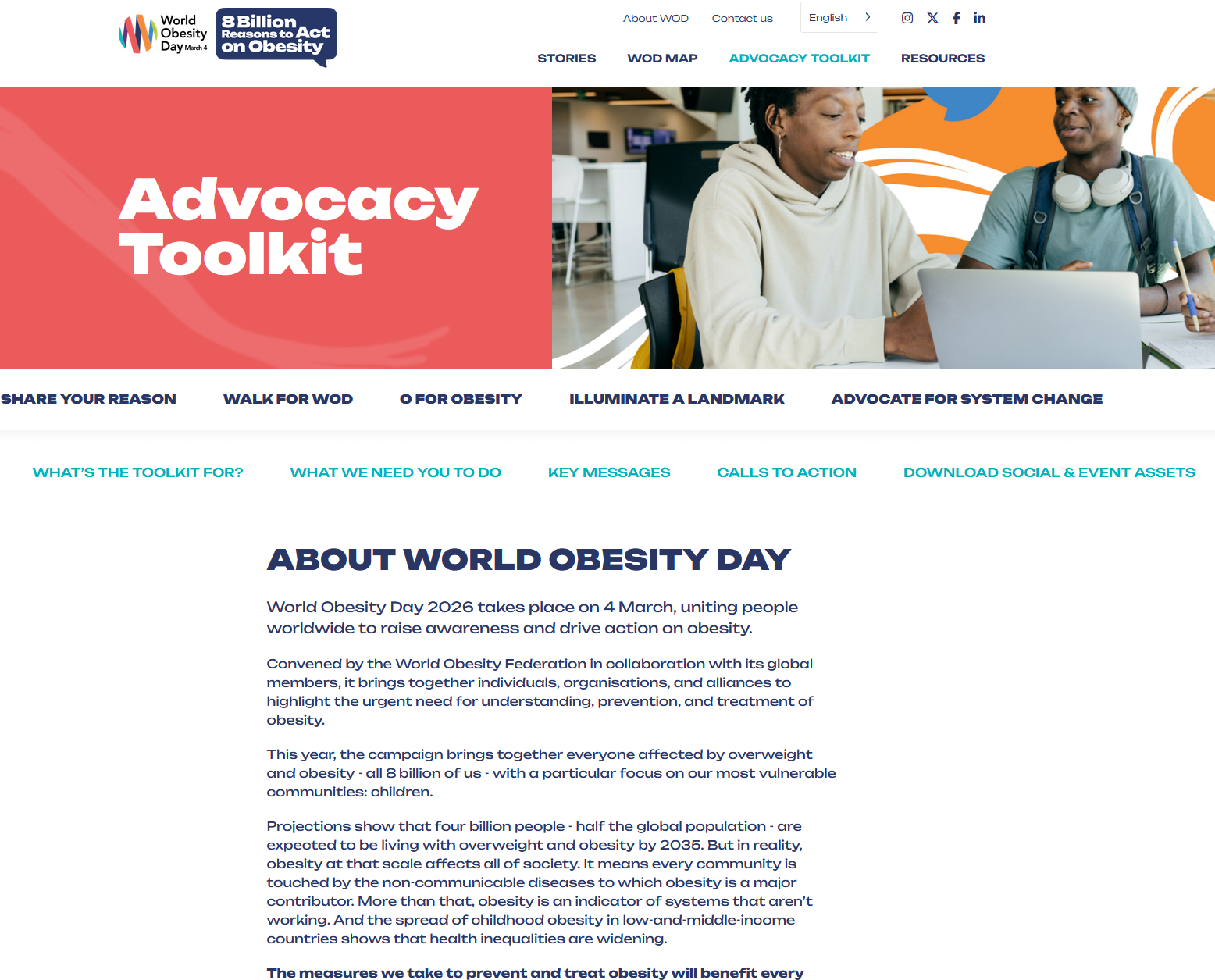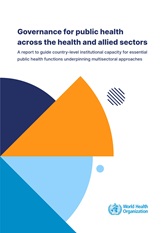Overview
Alcohol is a psychoactive substance with dependence-producing properties that has been widely used in many cultures for centuries. The harmful use of alcohol causes a high burden of disease and has significant social and economic consequences.
The harmful use of alcohol can also result in harm to other people, such as family members, friends, co-workers and strangers.
Alcohol consumption is a causal factor in more than 200 diseases, injuries and other health conditions. Drinking alcohol is associated with a risk of developing health problems such as mental and behavioural disorders, including alcohol dependence, and major noncommunicable diseases such as liver cirrhosis, some cancers and cardiovascular diseases.
A significant proportion of the disease burden attributable to alcohol consumption arises from unintentional and intentional injuries, including those due to road traffic crashes, violence, and suicide. Fatal alcohol-related injuries tend to occur in relatively younger age groups.
A causal relationship has been established between harmful drinking and incidence or outcomes of infectious diseases such as tuberculosis and HIV.
Alcohol consumption by an expectant mother may cause fetal alcohol syndrome (FAS) and pre-term birth complications.
Information presented on this page has been replicated from the linked WHO fact sheet. Please always refer to the original source on who.int for the latest version. Last update: March 2024







